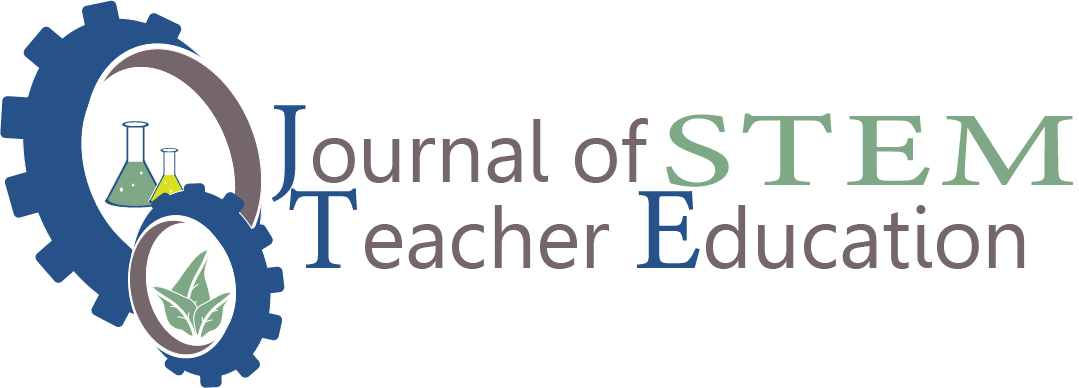
Article Title
An Exploration of Communities of Practice in the STEM Teacher Context: What Predicts Ties of Retention?
Abstract
The STEM teacher workforce in the United States has faced a host of pressing challenges, including teacher shortages, pervasive job dissatisfaction, and high turnover, problems largely attributable to working conditions within schools and districts. These problems have been exacerbated in high-needs districts with fewer resources and more students from low-income communities. Since social network research has shown that workplace relationships are vital for retention, this study investigates the demographic and relational antecedents to what we dub ties of retention. We explore how demographic and relational properties affect the likelihood that teachers have “retention-friendly” networks, characterized by connections important for retention. Our analysis of data from a sample of 120 STEM teachers across five geographic regions identifies key demographics (i.e., site, gender, career changer, and prior teaching experience) and relational properties (network size, positive affect, and perceptions of bridging) associated with ties of retention. We discuss the implications of our findings for the STEM teacher workforce and for teacher education programs.
Recommended Citation
Ofem, Brandon; Beeth, Michael; Doering, Jessica; Fink, Kathleen; Konz, Rebecca; Mohr-Schroeder, Margaret J.; Polizzi, Samuel J.; Roehrig, Gillian; Rushton, Gregory T.; and Sheppard, Keith
(2022)
"An Exploration of Communities of Practice in the STEM Teacher Context: What Predicts Ties of Retention?,"
Journal of STEM Teacher Education: Vol. 57:
Iss.
1, Article 7.
DOI: https://doi.org/10.30707/JSTE57.1.1664998343.920643
Available at:
https://ir.library.illinoisstate.edu/jste/vol57/iss1/7

